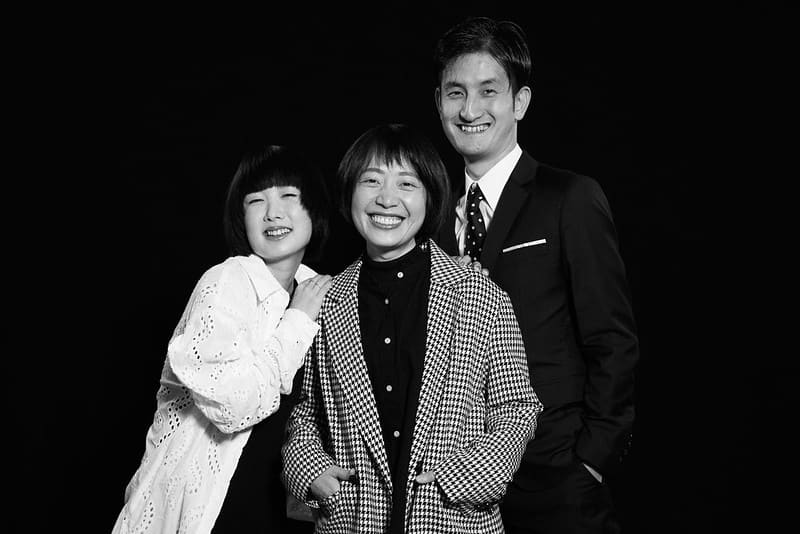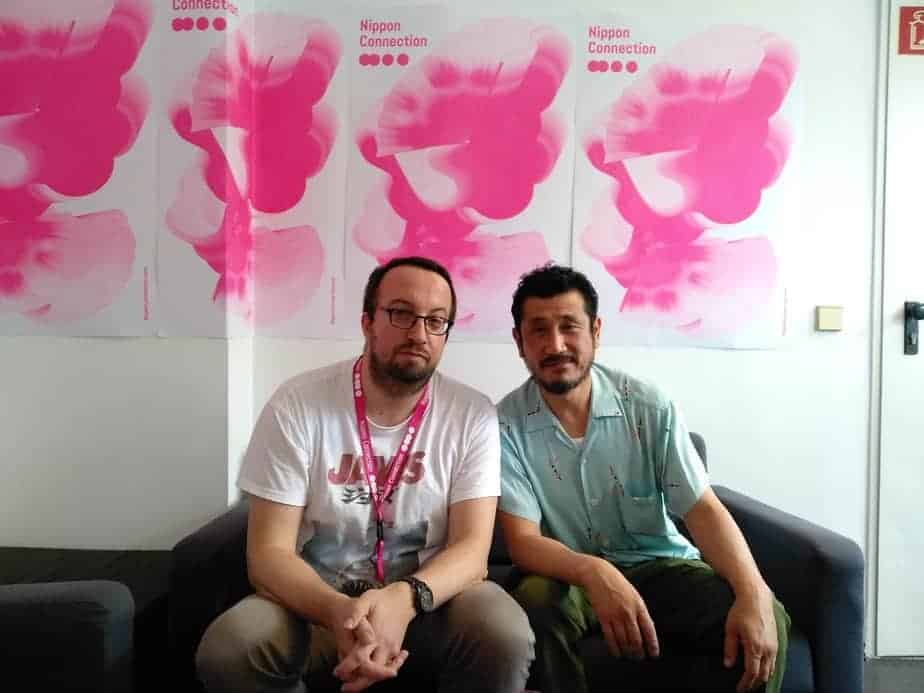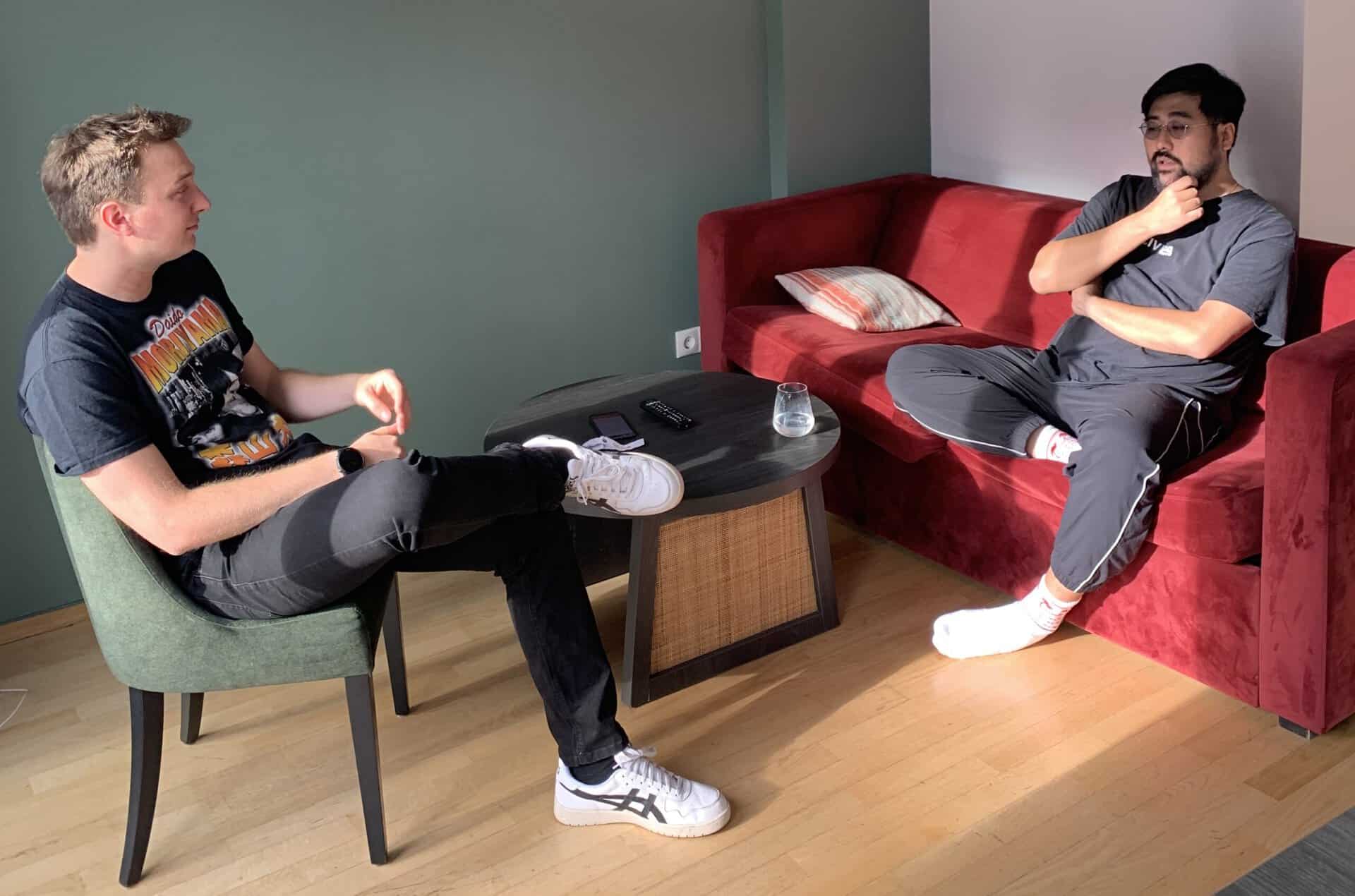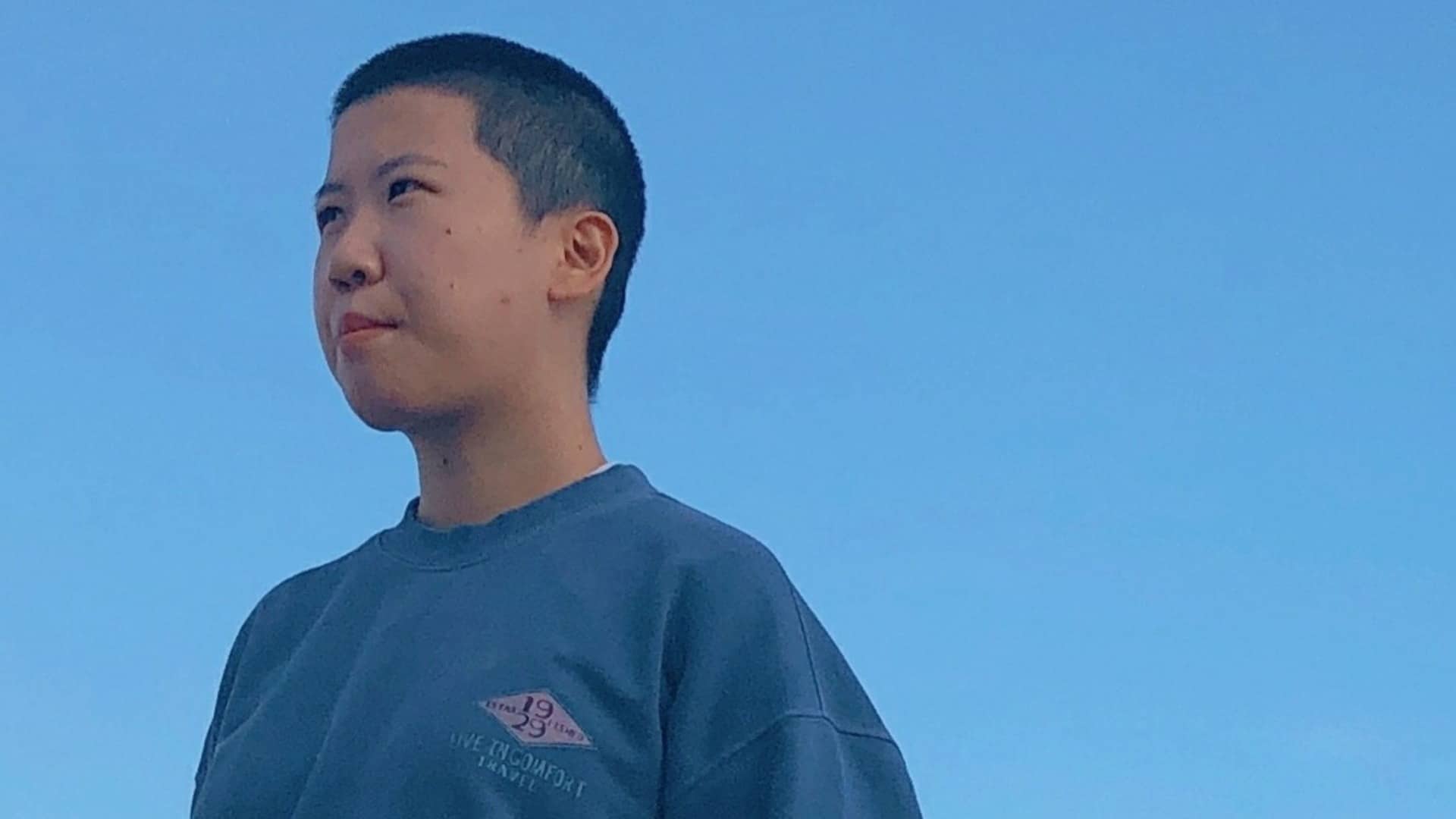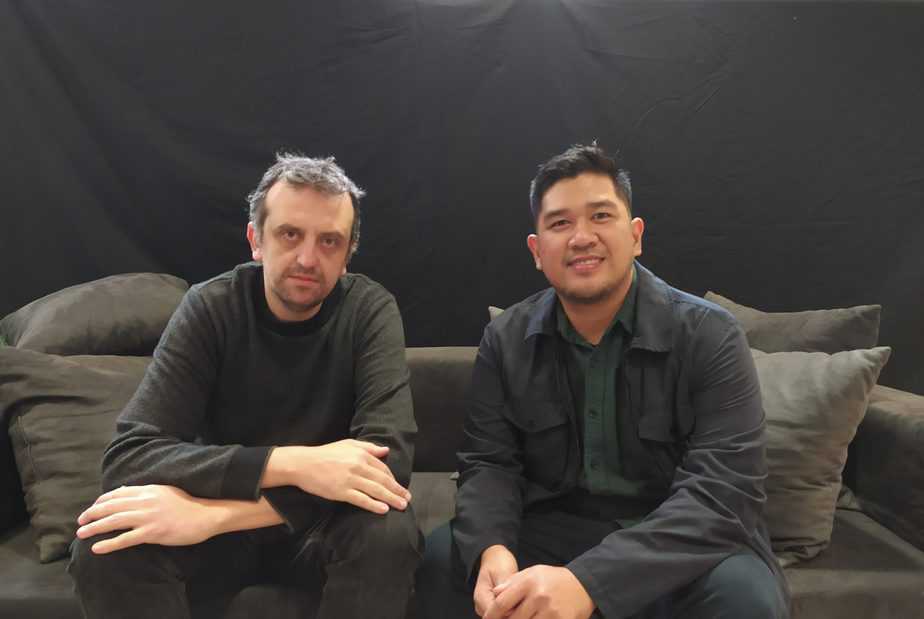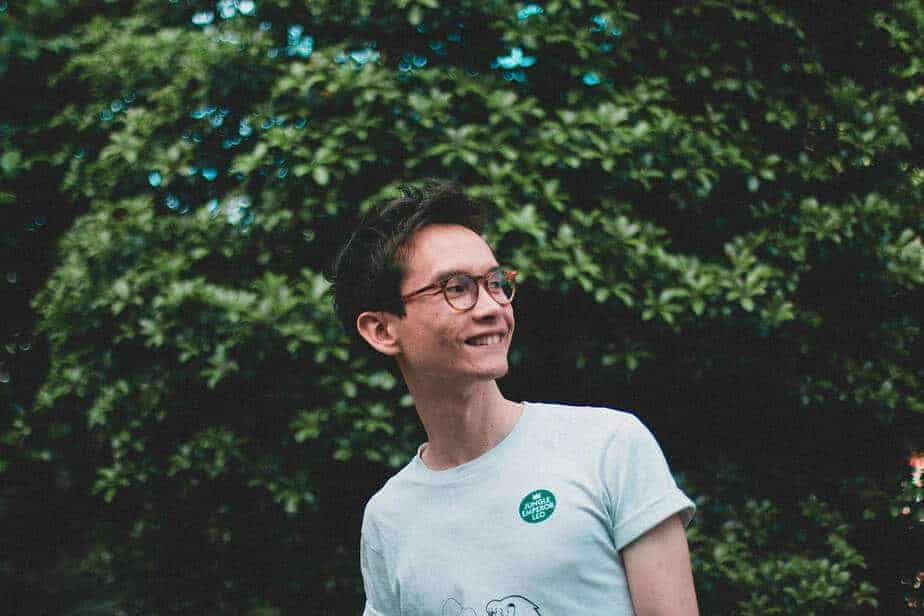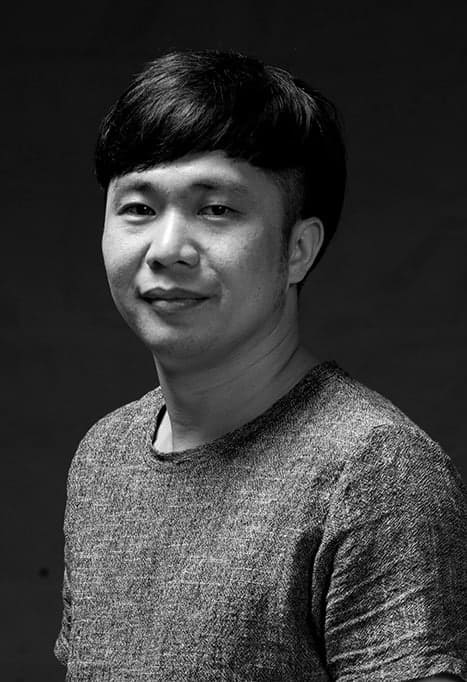One of the finest surprises in the First Feature Competition of PÖFF was the graduation drama “Double Life” by the Chinese director Enen Yo who lives and works in Japan. Her debut feature celebrated its international premiere in the 2nd week of the festival, and considering the universality of the story despite its very Japan-rooted phenomena of a “rent-a-person” (a substitute for important events in someone's life), excellent cast and a memorable ending, the film will travel its long festival road.
“Double Life” centers on Shiori (Atsuko Kikuchi), a former dancer married to a man disinterested in her wish to spice up their marital life by participating in a dance workshop that is supposed to “communicate love”. Since she can't join the worskhop without her partner, she hires a freelance impresonator Junnosuke to take the role of her spouse. He is so good in being someone else that Shiori slowly starts getting attached to his played affection, interpreting it as something she longs to have in real life. Yo brings into focus the imbalance of emotional involvement in a seemingly harmonious marriage that holds on to the pretence of love.
We were curious about the origins of the story, and the connectivity between dance and liberation of the body and mind in this accomplished first film, so we sat down with the director to talk about her ideas and the long process to turn them into moving images. We spoke to Enen Yo on the last day of PÖFF.

People outside of Japan are not really familiar with the purely Japanese phenomena of “rent-a-person”. Could you tell us something more about it?
When I was in my masters program in Japan, I had to make a long feature film in order to graduate. I started pondering how to do it, also trying to establish the connection between the topic and myself being a foreigner in Japan. It was difficult, because I encountered a lot of obstacles. Then I stumbled upon Werner Herzog's movie “Family Romance”. In this concept of “rent-a-person-you-need”, there was also some kind of a touchpoint of being a foreigner, but making a movie in Japan about a Japanese thing. That was the beginning of all.
Your film is about the physicality of dance and the liberation of body and sould through it. “Double Life” plays on two levels: Shiori's quest to find herself through dance, and on the other hand, through creating a parallel reality. There is an intense connectivity between the dance and private decisions.
There are actually lot of connections between my own life and the film. At the university I got the idea of putting together dance and private relationships. The role of the dance teacher comes from my personal experience from when I participated in a workshop which relied heavily on physical touch. That's where the idea to use the dance and the body in the movie came from.
The ending itself doesn't go in the direction the viewer expect it to go – liberation through separation.
The film has something to do with my personal choices in life and also seeing all these characters as individuals who interact but end up making their own decisions, not influenced by others. They will live their lives ‘alone'. This is also related to me because I made a decision to leave China, which ended many oportunities that I could take. So, the film is in some ways autobiographical. When it comes to the relationships that I portrayed in the movie, the rental husband and the real husband, it is something that I witnessed. The husband's character is built on observations of men who would like to have their wives controlled, but who, on the other hand, indulge in affairs, or think in a similar way. I wanted to show what I've seen around me.
How do you feel coming to an A-list festival with a graduation movie?
I was really nervous, but I also consider this a happy miracle. I didn't expect it at all. This is the frist time I am showing my movie to an European audience, and I was worried that something so Japanese would not be easily understood. If anyone can gain something from “Double Life”, and enjoy it as it is, I will be really happy.
Why did you chose such a sober camera approach which makes your film look like a documentary?
It happend during the shooting process that the main character wore a lot of blue garments, and that she was surrounded by blues, and also the movie wasn't colour corrected, so it was left as it was shot. This cold effect was the result of it. Maybe the deep, dark emotion that the camera evoked.
When you wrote the script, you probably has some idea about the cast.
Actually, that time around most of the casting was done online. I received many applications, and we had auditions. It was Atsuko Kikuchi who played Shiori who was selected first, out of many applicants.
You shot the film during the Covid-19 pandemic. Did you have to comply to any special measures?
The preparations took many months, and when we started shooting, we did PCR tests after which we tried to go outside as little as possible. We didn't do anything else but shoot the film and concentrate on our work.
How did you produce the film?
Other than doing my masters, I also visited other film schools and workshops, and there I met people and made some contacts. It is them who helped me from start to finish, including the production. I was advised on how to polish the film.


